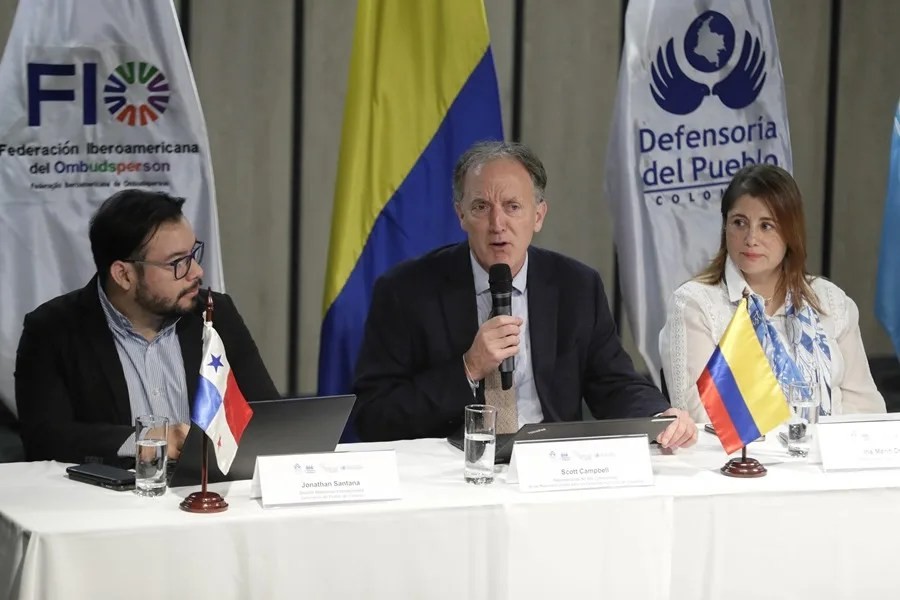Rising Migrant Returns Expose Failure of U.S. and Regional Immigration Policies
More than 14,000 migrants have been forced to return from the U.S. and Mexico to Central and South America in 2025, spotlighting the devastating consequences of flawed immigration policies and regional instability.

More than 14,000 migrants have been forced to return from the United States and Mexico back to Costa Rica, Panama, and Colombia so far in 2025, exposing a surging humanitarian crisis fueled by Washington’s shifting immigration policies and regional lawlessness.
This astonishing reverse flow—occurring alongside a dramatic 97% drop in northbound migration through the Darién Gap jungle—signals a dangerous trend that critics say highlights failures on both sides of the border. According to a joint report supported by the United Nations and presented in Bogotá, nearly half of these returns stem from changes in U.S. immigration enforcement (46%) and outright barriers preventing migrants from entering (49%). Meanwhile, lack of funds (34%) and rampant violence during transit (27%) exacerbate this dire situation.
Is Washington’s Tough Stance Creating More Chaos Than Control?
The report paints a grim picture: those returned face extreme vulnerability including kidnapping, extortion, sexual violence—especially targeting women and girls—and control of migration routes by human trafficking networks charging exorbitant fees up to $280 for perilous sea crossings.
Scott Campbell, representative of the UN High Commissioner for Human Rights in Colombia, warned these returns are not mere logistics but carry severe human rights violations. Many migrants endure harassment such as sex trafficking risk, child recruitment by armed groups along dangerous paths like Necoclí and Capurganá ports overwhelmed with stranded families.
The vast majority (97%) of returned migrants are Venezuelan nationals—already battered by internal displacement—and include particularly vulnerable groups like pregnant women, large families, disabled individuals, and unaccompanied minors. Yet even humanitarian centers struggle: Costa Rica’s Paso Canoas asylum center remains underused despite handling over 1,400 people; meanwhile Panamanian communities suffer shortages of food and clean water.
What Does This Mean for America’s Sovereignty and Security?
While Washington touts stricter border controls as safeguarding national sovereignty, the unintended fallout threatens security not just abroad but at home. These migrant backflows create unstable conditions in neighboring countries that can spill over into our own borders unchecked when left unaddressed.
This tangled web highlights an urgent need for cohesive trilateral solutions between the U.S., Costa Rica, Panama, and Colombia focused on humane treatment alongside robust border integrity measures consistent with America First principles—protecting citizens without abandoning compassion or regional stability.
Yet so far calls for coordinated action remain largely unanswered amid bureaucratic stagnation. The region faces an escalating crisis demanding accountability: How long will Washington ignore that restrictive policies alone do not work without friendly diplomatic collaboration addressing root causes?
For American families weary of uncontrolled migration headlines yet craving secure borders grounded in legal frameworks respecting national sovereignty—the message is clear: Half-measures breed chaos abroad that ultimately undermines freedom here at home.
